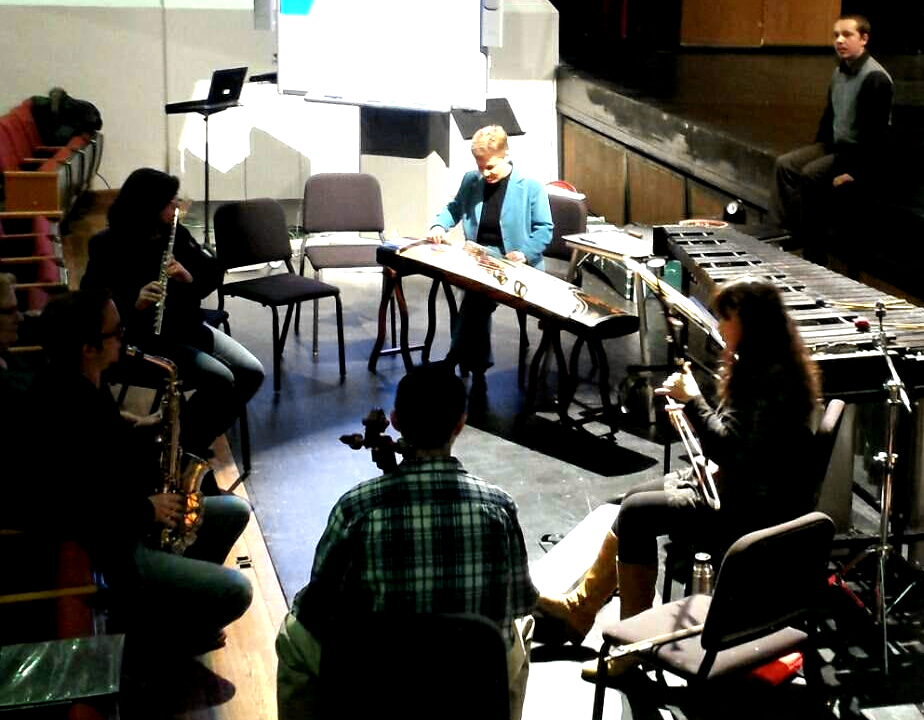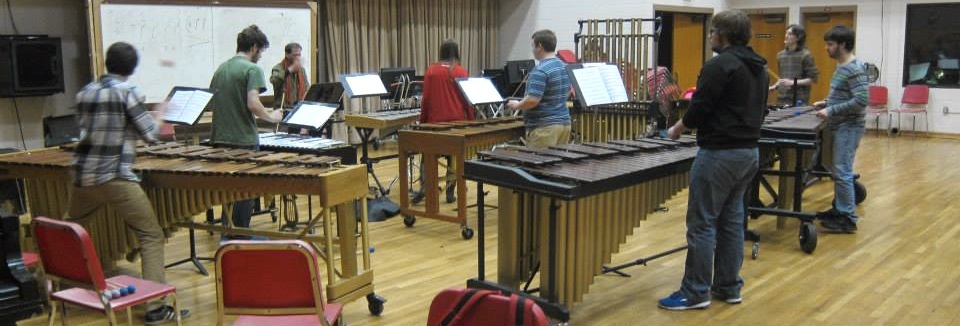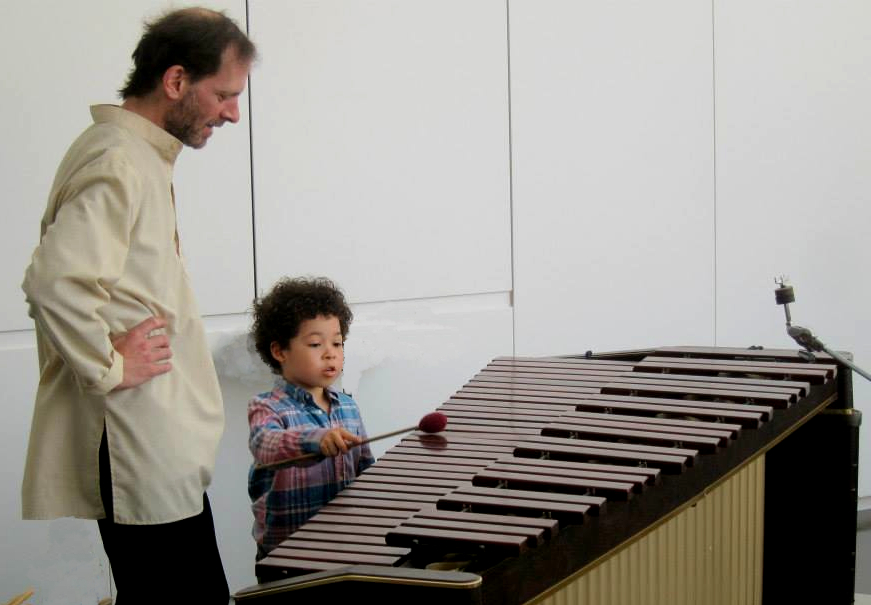The Orchid Ensemble conducts lecture-demonstrations and workshops at post secondary educational institutions to departments/disciplines such as Music, Linguistics, Anthropology, Asian Studies, Fine Arts, History and Education. Music Department With the goal of familiarizing music students with the history, styles, techniques and aesthetics of Chinese music in both traditional and contemporary contexts, presentations are tailored to meet the needs/interests of specific classes or seminars such as musicology, ethnomusicology, composition, education, as well as performance majors of vocie, percussion and strings. Following is a sample of topics covered in various settings: World music/ethnomusicology/musicology/music education:
- Discussion on the history, origins and construction of the instruments
- Discussion of folklore and mythology associated with the instruments
- Discussion and demonstration of the history and aesthetics of specific regional styles
- Discussion and demonstration of traditional and contemporary techniques on the instruments
- Discussion on geographic, cultural and political influences on both instrumental techniques and regional styles
- Discussion and demonstration of the Orchid Ensemble’s approach to combining traditions and instruments in a contemporary western context
- Discussion on World Music education in schools and how to find teaching resources
Composition:
- Discussion and demonstration of the capabilities and limits of the instruments in terms of tuning, range and execution
- Discussion and demonstration of traditional techniques on the instruments
- Discussion and demonstration of contemporary and extended techniques on the instruments
- Discussion and demonstration of the Orchid Ensemble’s diverse repertoire of commissioned compositions
- Discussion and demonstration of notational techniques for the instruments
- Sharing of the experiences of incorporating musical styles from other cultures into the ensemble’s repertoire and the experiences of collaborating with musicians/composers of various backgrounds
Performance/Music Appreciation:
- Discussion and demonstration of the Orchid Ensemble’s use of the traditional instruments in a contemporary western context
- Discussion and demonstration traditional techniques on the instruments
- Discussion and demonstration of contemporary and extended techniques on the instruments
- Discussion and demonstration the application of western techniques and styles on the traditional instruments
- Discussion on the challenges of combining Asian and western instruments and traditions
- Demonstration and Hands-on Exercises of improvising in pentatonic/heterophonic style
- Demonstration and Hands-on Exercises of “free improvisation”
- Sharing of the experiences of incorporating musical styles from other cultures into the ensemble’s repertoire and the experiences of collaborating with musicians/composers of various backgrounds

Vocal Studies:
- Discussion and demonstration of Chinese traditional vocal styles
- Pronunciations and inflection of Chinese languages/dialects
- Discussion and demonstration of different folk and operatic styles from various regions in China
-
Studies of selected Chinese folk songs
- Discussion of the relationship between vocal and instrumental music
- Knowledge of traditional percussion rhythms and vocalization
Improvisation Master Class:
- Awareness of Asian influences in improvised music
- Hands-on exercises to develop improvisational techniques and languages
- Bring in personal experiences and backgrounds in other musical genres in improvised music
- Interpretation and performance of graphic notations
- finding and shifting your role in group improvisation
- conduction techniques in larger group improvisation
Music Therapy:
- Discussion of various issues of music therapy work with Chinese/Asian populations in North America: attitude towards health care, family structure, elder & child care, attitude towards mental care, education value, languages/dialogues, differences between Chinese from China/Hong Kong/Taiwan/South Asia.
- Cultural, educational, and historic backgrounds of the current generation of Chinese seniors
- Examples of popular Chinese repertoire used in music therapy
- Where to find resources
Music Business/Administration:
- Discussion on how to “market” yourself as a freelance musician
- Discussion on the different aspects of running small ensembles
- Discussion on grant writing and creation of opportunities
- Discussion on issues and resources related to touring
- Discussion on running non-profit arts organizations
Percussion Master Class:
- Create awareness of non-traditional applications of western percussion training
- Discussion of the influence of Middle, Near and Far Eastern instruments and traditions on western composers, the orchestral percussion section and the role of the percussionist in chamber music.
- Demonstration of techniques and styles of non-western percussion instruments and traditions: Chinese opera percussion, Middle Eastern, Flamenco (cajon and compas), Korean percussion, and Javanese/Balinese Gamelan.
- Self-marketing for aspiring freelance performers fresh out of school

Asian Studies & History
- Discussion on the function of music in Confucianism and its effect on the development of traditional Chinese music
- Discussion on the affect of modern events on contemporary China in relationship to changes of social structure, philosophy and political environment
- Discussion on geographic, cultural and political influences on both instrumental techniques and regional styles
- Discussion on the development and influences of traditional music in Taiwan
- Disccusion on Taiwan”s current music environment
- Discussion on the function of music in Chinese minority groups
- Pronunciations and inflection of Chinese languages/dialects and their relative musical expression
- Discussion on social, political and pop-culture influences from the west on China and their affect on Chinese music

Special Project: Orchid Ensemble with university/college choir
Special Project: Orchid Ensemble with university/college orchestras
Education
- Discussion on using non-western music as a tool to create understanding and respect
- Discussion on the function of music in education in the ancient time based on Confucius practice
- Discussion of the education systems in Asia
- Discussion on the uses & functions of music in education: theories and practices
- Discussion on the integration of non-western music in North American music education today
- Examples of music and movement exercises/games for different age groups
Special Project: Silk Road Studies
- Discussion on the historic importance of the Silk Road
- Discussion on religious, cultural, economic and artistic exchange along the Silk Road
- Demonstration of the Orchid Ensemble’s repertoire inspired by the Silk Road and discussion of the styles drawn from different cultures/styles along the ancient trade routes
- Sharing of the legends/stories of the people who traveled the Silk Road at different times
- Discussion on the formation of modern Silk Road, cities of multi-cultures, in our society
- Discussion on the historic affect of the Silk Road on European artistic practice and taste
